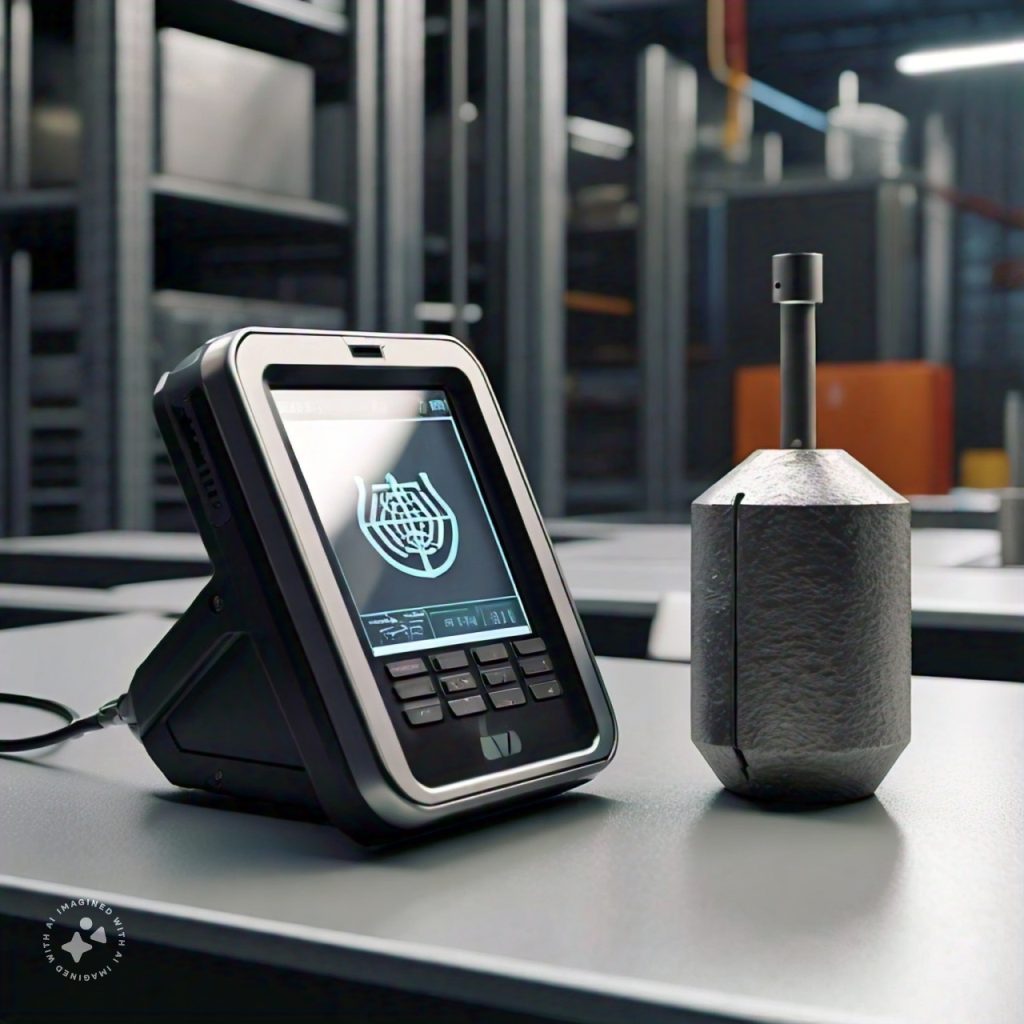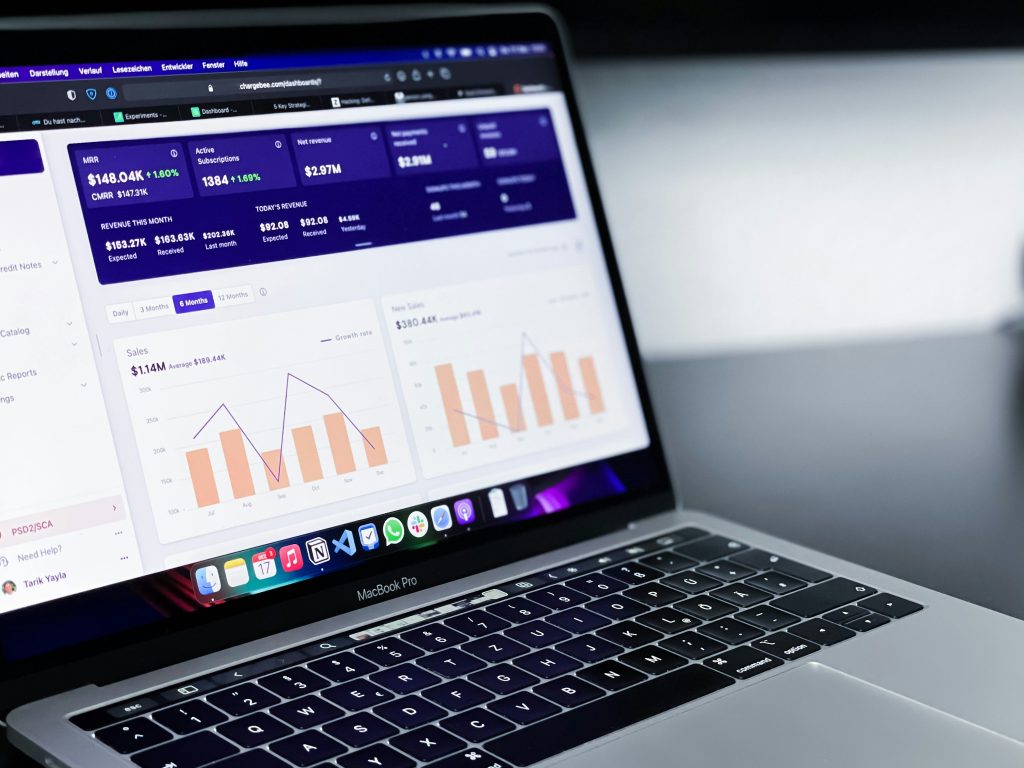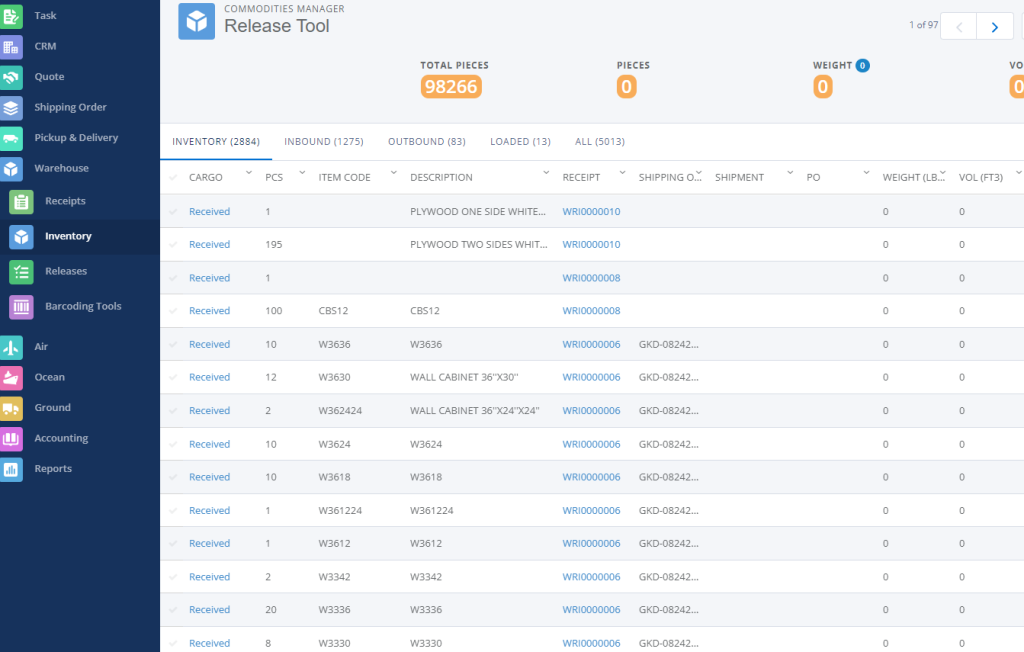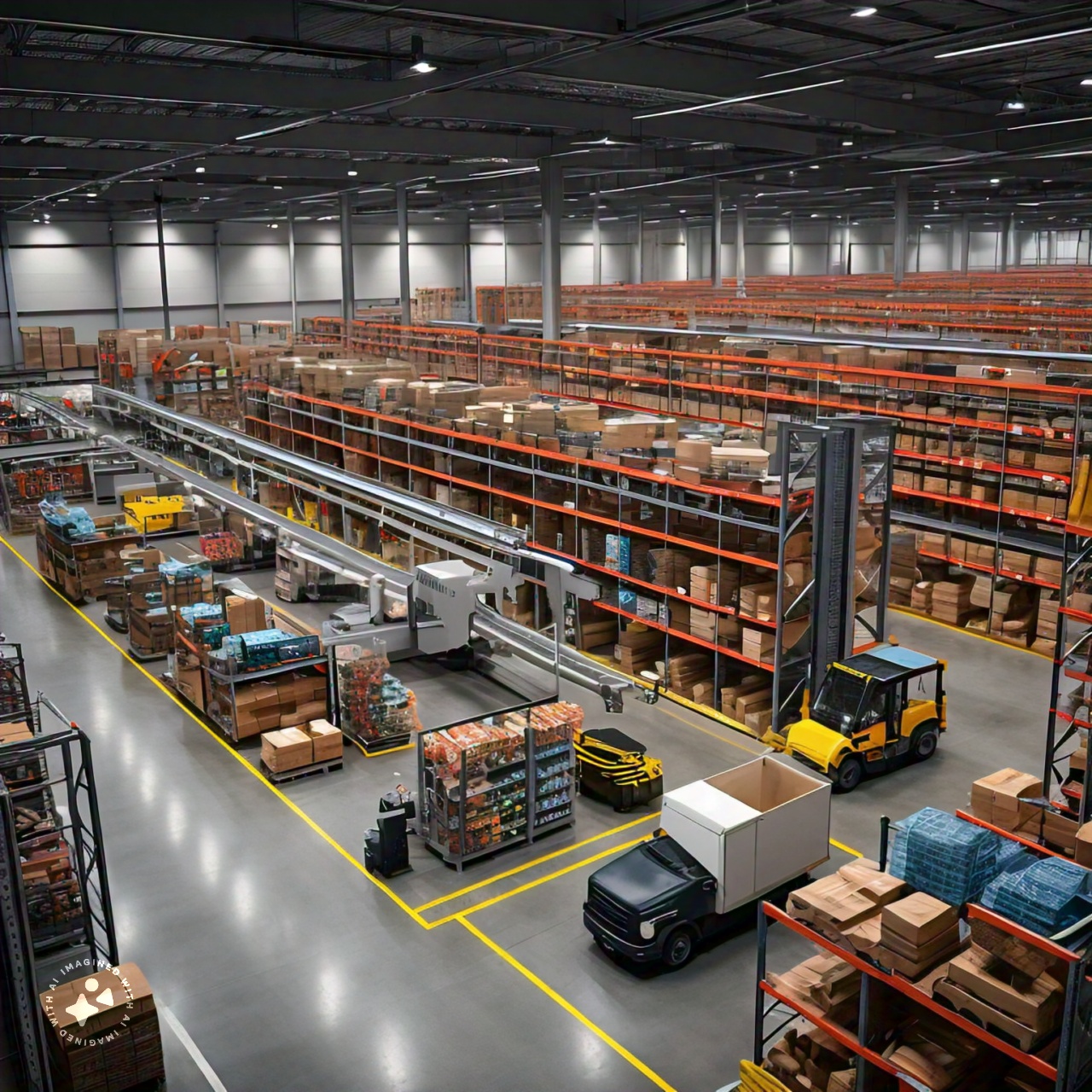Software for Logistics: Exploring Specialized Tools for Modern Businesses



Types of Specialized Logistics Tools:
These systems are designed to control and manage warehouse operations from the time goods or materials enter a warehouse until they move out. Features typically include inventory management, picking processes, and auditing.
TMS tools help businesses plan, execute, and optimize the physical movement of goods, both incoming and outgoing, and making sure the shipments are compliant and properly documented. This includes transportation planning and execution, freight billing, and analytics.
These solutions help in maintaining optimal inventory levels, ensuring that businesses can meet their customer demands without maintaining excessive stock. They provide tools for tracking inventory levels, orders, sales, and deliveries.
This type of software is used for tracking and maintaining vehicles in a company's fleet. It helps manage fuel costs, optimize routes, ensure safety, and improve reliability.
These solutions help in maintaining optimal inventory levels, ensuring that businesses can meet their customer demands without maintaining excessive stock. They provide tools for tracking inventory levels, orders, sales, and deliveries.
Importance of Specialized Logistics Software:
Specialized logistics tools integrate with existing business operations to create a seamless flow of data across processes, enhancing the efficiency of supply chains. By automating complex logistics tasks, these tools help businesses reduce human error, improve operational efficiency, and reduce costs. Moreover, the ability to provide detailed analytics and real-time data helps companies make informed decisions that can significantly impact their profitability and service quality.
The diversity of these tools means that companies can find a solution that fits their exact needs, whether they are looking to improve inventory accuracy, streamline shipping and receiving processes, or manage transportation costs effectively.
In the following sections, we will dive deeper into the key features of these specialized tools, explore their benefits, and discuss how to choose the right solution for your business needs. This overview sets the stage for a comprehensive understanding of how specialized logistics software not only supports but enhances modern logistics operations.

Key Features of Specialized Logistics Software
As the logistics sector continues to evolve, specialized software tools are increasingly equipped with advanced features designed to meet the growing demands of modern businesses. These tools not only streamline operations but also provide strategic insights that can significantly improve decision-making processes. This section delves into some of the key features that define top-tier logistics software.
Advanced Tracking Systems:
GPS and RFID Technologies
- GPS and RFID Technologies: Modern logistics software incorporates GPS tracking to monitor the real-time location of vehicles and shipments. RFID technology is used for automatic identification and data capture, allowing for seamless tracking of inventory as it moves through the supply chain.
- Benefits: These technologies enhance the visibility of goods throughout the logistics process, from warehouse to delivery, reducing the risk of loss and enabling more accurate delivery scheduling.

Automated Scheduling and Dispatch:
- Dynamic Scheduling Tools: Specialized logistics software often includes tools that automate the scheduling of deliveries and dispatches based on various criteria such as delivery routes, customer preferences, and driver availability.
- Optimized Dispatching: Algorithms calculate the most efficient use of logistics software for transportation resources, which helps to lower operational costs and improve service delivery times.

Analytics and Reporting Tools:
- Data Analytics: Robust analytics are a cornerstone of advanced logistics software, enabling businesses to transform vast amounts of data into actionable insights. This feature helps in forecasting demand, planning inventory, and optimizing resource allocation.
- Customizable Reporting: Users can generate tailored reports that focus on key performance indicators (KPIs) relevant to their specific operations. This not only helps in monitoring performance but also aids in strategic planning and continuous improvement.

Integration Capabilities
- ERP and CRM Integration: Top logistics software solutions offer seamless integration with existing enterprise resource planning (ERP) and customer relationship management (CRM) systems. This integration ensures that information flows freely across different business functions, improving overall operational efficiency and customer service.
- APIs for Third-Party Services: Advanced tools like zapier provide APIs that allow for integration with third-party services, such as quickbooks online or external logistics services, further enhancing the flexibility and scalability of logistics operations.

User Interface and Customization:
- User-Friendly Interface: Despite the complexity of their functionalities, the best logistics software tools are designed with user-friendly interfaces that simplify day-to-day operations and reduce the learning curve for new users.
- High Customizability: Businesses can customize aspects of the software to better fit their operational needs and preferences, making these tools not only powerful but also adaptable to various business models and sizes.

These features collectively contribute to creating a logistics software environment that is efficient, responsive, and adaptable to the needs of modern businesses. They not only facilitate day-to-day logistics operations but also provide strategic benefits that can lead to long-term business success.

Benefits of Using Specialized Logistics Software
Implementing specialized logistics software brings a multitude of benefits that can transform business operations. This section outlines the key advantages these tools provide, helping businesses enhance efficiency, reduce costs, and improve customer satisfaction.
Increased Efficiency and Productivity:
- Streamlined Operations: By automating routine tasks such as data entry, scheduling, and routing, logistics software significantly reduces the time and effort required to manage these operations. This allows staff to focus on more strategic tasks that add greater value to the business.
- Enhanced Coordination: Advanced logistics tools improve coordination between different components of the supply chain. This synchronization helps in minimizing delays and eliminating bottlenecks, ensuring smooth operations across all stages.
Cost Reduction:
- Optimized Resource Use: Logistics software provides tools for better route planning and inventory management, which help in reducing fuel costs and minimizing wasted storage space. By optimizing these critical aspects, businesses can significantly lower their overall operational costs.
- Reduced Error Rates: Automated systems decrease the likelihood of human error in areas such as inventory tracking and order fulfillment. This reduction in errors not only saves costs associated with rectifying mistakes but also helps in maintaining the integrity of data across the logistics network.
Improved Customer Satisfaction:
- Reliable Delivery Schedules: With real-time tracking and dynamic scheduling, logistics software ensures that goods are delivered in a timely manner. This reliability can greatly enhance customer satisfaction and loyalty.
- Enhanced Transparency: Customers appreciate being able to track their orders in real-time. Logistics software that provides detailed tracking information empowers customers with knowledge about the status of their deliveries, enhancing their overall experience.
Scalability and Flexibility:
- Adaptability to Growth: As businesses expand, their logistics needs become more complex. Specialized logistics software is designed to scale, accommodating increased demand without compromising on performance.
- Customization for Unique Needs: Modern logistics software often includes customizable modules that can be tailored to the specific needs of a business. This flexibility ensures that regardless of the size or sector, the software can be adapted to serve the unique challenges faced by the company.
Data-Driven Insights:
- Informed Decision-Making: With comprehensive analytics and reporting capabilities, logistics software turns large volumes of data into actionable insights. These insights can guide decision-making in areas such as inventory levels, procurement planning, and performance optimization.
- Forecasting and Planning: Predictive tools within logistics software can help businesses anticipate future trends and prepare for them effectively. This proactive approach in planning can give businesses a competitive edge in the market.
Environmental Impact:
- Reduced Carbon Footprint: By optimizing delivery routes and reducing unnecessary fuel consumption, logistics software contributes to lower carbon emissions. Companies looking to improve their sustainability practices often find these features align well with their environmental goals.
By leveraging the benefits provided by specialized logistics software, businesses can not only improve their operational efficiencies but also achieve cost savings, enhance customer relations, and support sustainable practices. These comprehensive improvements underscore the value of investing in high-quality logistics tools.
Choosing the Right Software for Your Needs
Selecting the right logistics software is a strategic decision that can have a significant impact on the efficiency and success of your business operations. This section provides guidance on assessing your needs, comparing vendors, and ensuring you choose a solution that aligns perfectly with your business requirements.
Assessment of Needs:
- Identify Operational Requirements: Start by defining the specific logistics challenges your business faces. Are you dealing with issues in inventory management, transportation routing, or order processing? Understanding your pain points will help guide your software selection.
- Evaluate Technical Compatibility: Ensure the software you consider can integrate smoothly with your existing IT infrastructure. Compatibility with current systems minimizes disruptions and leverages your existing technological investments.
- Consider Business Scale and Future Growth: Choose software that not only fits your current size but also has the scalability to grow with your business. This foresight will prevent the need for frequent software changes as your business expan
Vendor Comparison:
- Feature Set Evaluation: Compare the feature sets of different logistics software providers. Look for features that specifically address your business’s unique challenges and can provide a tangible improvement in operations.
- User Reviews and Feedback: Research user reviews and feedback to gauge the reliability and effectiveness of different software solutions. Platforms like Capterra or G2 Crowd can provide insights into user experiences and satisfaction.
- Total Cost of Ownership: Consider not only the initial cost but also ongoing expenses such as updates, support, and additional modules. A comprehensive understanding of the total cost of ownership will help you budget effectively and avoid unexpected costs.
- Customer Support and Service: Evaluate the quality of customer support provided by the vendor. Reliable support can greatly reduce downtime and ensure any issues are promptly addressed.
Trials and Demonstrations:
- Request Demos: Before making a final decision, request demonstrations of the software. Demos allow you to see the features in action and assess whether the interface and workflow match your expectations.
- Engage with Trials: If possible, engage in a trial period where you can use the software in a live environment. Trials can be invaluable in understanding how the software performs under real conditions and whether it integrates well with your operations.
Decision Making:
- Gather Stakeholder Input: Involve key stakeholders in the decision-making process. This includes feedback from the teams who will be using the software daily, as they may provide insights into practical aspects not immediately apparent in a demo.
- Analytical Decision Tools: Use decision-making tools or software to weigh different factors like cost, features, and user feedback systematically. Tools like decision matrices can help clarify choices by providing a structured comparison.
Final Selection:
- Make an Informed Choice: With all information at hand, make a choice that best suits your business needs, budget, and future growth plans. Ensure that your decision aligns with your strategic goals and offers the best return on investment.
Choosing the right logistics software requires careful consideration of various factors, but the effort will pay off in enhanced operational efficiency and customer satisfaction. By following these steps, you can make a well-informed decision that will support your business’s logistics needs now and in the future.
Case Studies and Industry Applications
Implementing specialized logistics software can significantly transform operations, but seeing real-world examples can help illustrate its potential impact more concretely. This section delves into several case studies that demonstrate how different businesses have successfully utilized logistics software to enhance their operations, providing tangible benefits and valuable insights.
E-Commerce Retailer Enhances Delivery Efficiency in logistics
- Background: A large e-commerce retailer faced challenges with managing timely deliveries during peak shopping seasons, affecting customer satisfaction.
- Solution: The company implemented a transportation management system (TMS) that optimized delivery routes based on real-time traffic data and shipment volumes.
- Results: The solution led to a 30% reduction in delivery times and a 25% decrease in shipping costs, significantly improving customer satisfaction scores and operational efficiency.
Manufacturing Firm Streamlines Inventory Management
- Background: A global manufacturer of industrial equipment struggled with inventory overstock and frequent stockouts, which disrupted production schedules.
- Solution: The firm adopted a distribution management software with an advanced inventory management system that provided detailed analytics on inventory trends and automated reorder points.
- Results: The new system reduced inventory holding costs by 20% and decreased stockouts by 40%, enhancing production continuity and reducing excess inventory waste.
Third-Party Logistics Provider (3PL) Optimizes Operations
- Background: A 3PL provider needed to improve its warehouse operations and overall logistics services to maintain competitiveness and client satisfaction.
- Solution: The provider implemented a comprehensive logistics platform that integrated warehouse management, fleet management, and customer relationship management.
- Results: This integration improved operational transparency, increased warehouse throughput by 35%, and enhanced client reporting capabilities, leading to higher client retention and acquisition rates.
Lessons Learned from Real-World Applications:
- Customization Is Key: Tailoring the software to meet specific business needs was crucial in each case, ensuring that the technology added the most value where it was needed most.
- Employee Training and Engagement: Successful implementations involved thorough training and active engagement with employees who would use the system daily, ensuring they were comfortable and proficient with the new tools.
- Ongoing Evaluation and Adaptation: Continuous monitoring and willingness to adapt the software use based on operational feedback and changing business needs helped companies maximize their ROI.
These case studies demonstrate the versatility and impact of specialized logistics software across different sectors and company sizes. By addressing specific operational challenges with tailored software solutions, businesses can achieve remarkable improvements in efficiency, cost management, and customer service.
In conclusion, these real-world examples provide compelling evidence of the benefits of investing in specialized software for logistics management. Companies considering such technology should assess their specific needs and potential ROI, drawing on the lessons learned from these case studies to guide their decisions.

Conclusion
The transformative potential of specialized logistics software is clear. With the capacity to streamline operations, reduce costs, and enhance customer satisfaction, this technology stands as a cornerstone for any logistics-focused business aiming to thrive in a competitive market.
Ready to Transform Your Logistics Operations?
- Evaluate Your Needs: Consider what challenges you are facing in your logistics and supply chain operations. Is it route optimization, inventory management, or customer delivery times that need improvement?
- Explore Our Solutions: Visit our website to learn more about our cutting-edge logistics software solutions tailored for diverse business needs. Whether you are a small business or a large enterprise, we have the technology to support your growth.
- Schedule a Demo: Contact us today to schedule a comprehensive demonstration of our logistics software. Experience first-hand how our solutions can streamline your operations and provide the insights you need to make smarter decisions.
- Get Expert Advice: Our team of experts is ready to discuss your specific requirements and help you choose the perfect solution. Let us assist you in customizing our software to meet your unique business needs.
Take the first step towards optimizing your logistics operations by embracing technology designed to enhance efficiency and drive business success. Contact us now to begin your journey to a more streamlined, cost-effective, and customer-focused logistics operation.
Explore Our Logistics Software Solutions
Let’s move forward together. Our team is excited to show you how our logistics solutions can make a significant difference in your daily operations and long-term success. Don’t wait—reach out today and start making the most of your logistics and supply chain management!
